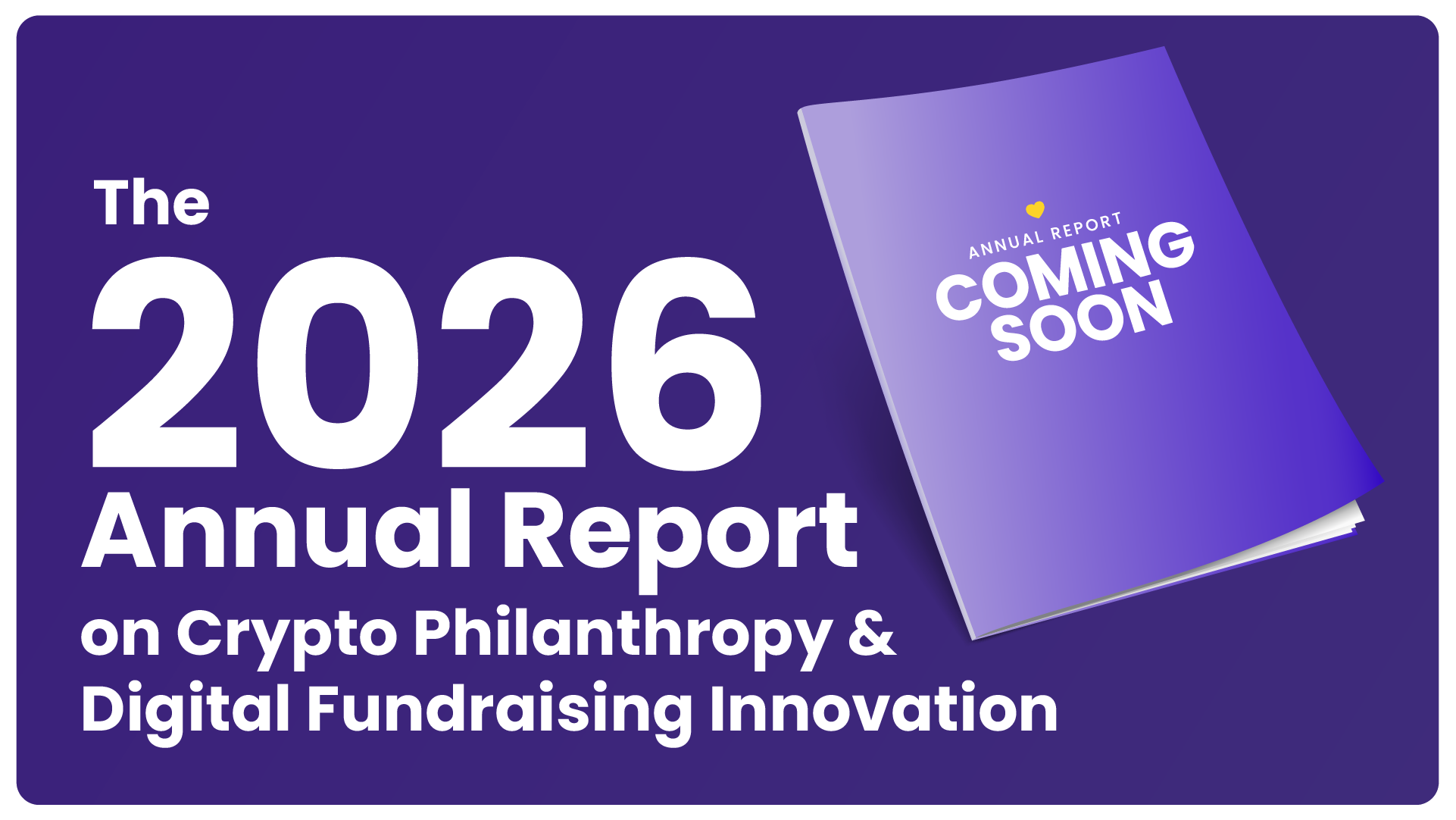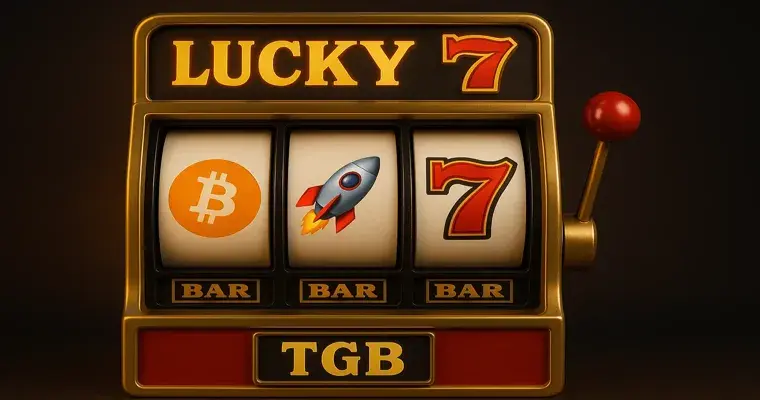Gala Games is a blockchain-based gaming platform that empowers players by giving them true ownership of in-game assets through NFTs. GALA is the utility token of the Gala Games ecosystem, used for purchasing NFTs, participating in governance decisions, and rewarding players and node operators who contribute to the network’s growth and development of decentralized gaming experiences.

What is Gala (GALA)?
Donate Gala (GALA) to Nonprofits on The Giving Block
Visit our donor marketplace to explore thousands of crypto-friendly nonprofits, educational institutions, and faith-based organizations.
Looking for more resources?
- Learn: Discover the tax benefits of donating crypto
- Get support: Contact our team for assistance
 Why should nonprofits accept cryptocurrency donations? Less than 1% of nonprofits accept cryptocurrency donations. Fifteen years ago nonprofits were skeptical about credit card donations. Read more
Why should nonprofits accept cryptocurrency donations? Less than 1% of nonprofits accept cryptocurrency donations. Fifteen years ago nonprofits were skeptical about credit card donations. Read more How to Give Zakat Using Cryptocurrency: Step-by-Step Guide To give Zakat using cryptocurrency, The Giving Block is your one-stop destination to find and support charitable organizations. Read more
How to Give Zakat Using Cryptocurrency: Step-by-Step Guide To give Zakat using cryptocurrency, The Giving Block is your one-stop destination to find and support charitable organizations. Read more Donate Other Cryptos We are able to process some donations of cryptocurrencies that aren't listed in The Giving Block's Donation Form. Please read this information and/or contact us to verify. Read more
Donate Other Cryptos We are able to process some donations of cryptocurrencies that aren't listed in The Giving Block's Donation Form. Please read this information and/or contact us to verify. Read more














